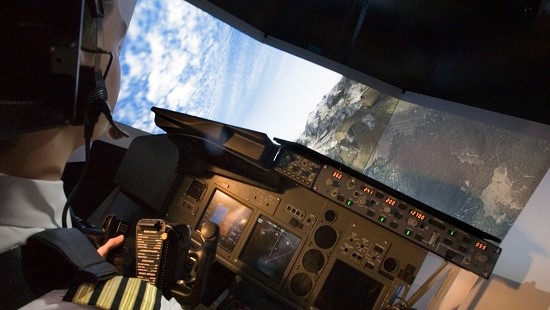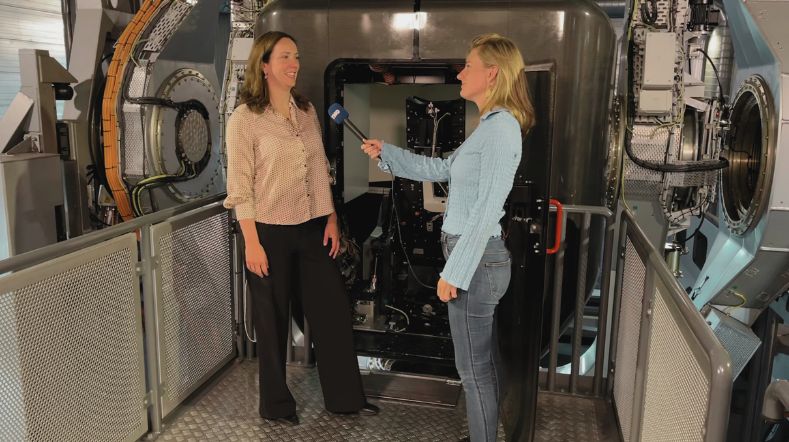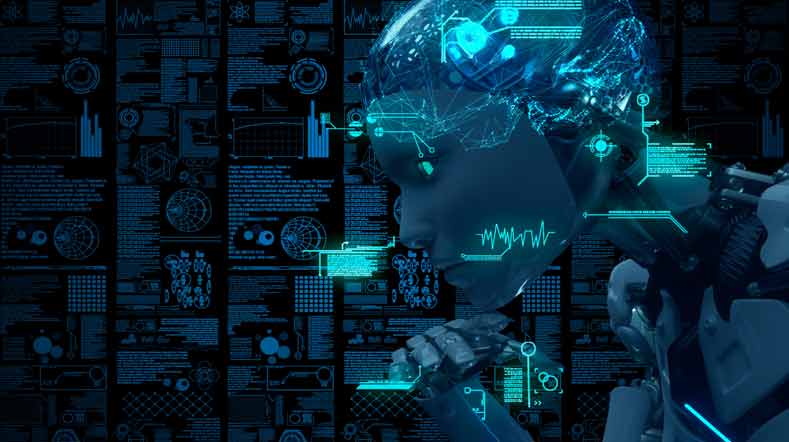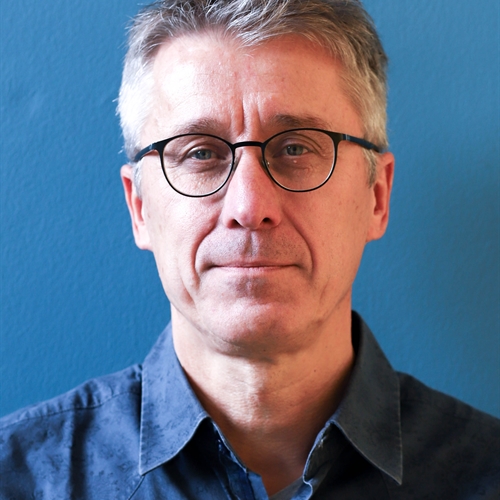Operations and Human Factors
Our mission is to support the military that protects the interests of the Netherlands, even at the frontlines.
We work on innovative solutions that provide Defense with the best tools and methods. For individual soldiers and teams. In contact with each other and their systems. With progressive education and training, aimed at executing comprehensive operations under the most challenging circumstances.
With all our scientific knowledge, skills, and energy, we support Defense, so technological innovation becomes an integral part of military practice.
This way, our military personnel remains world-class in every domain: land, sea, air, space, and digital. On every scale, from heartbeat to headquarters.
Read how the Ministry of Defence, emergency services, and also companies use our knowledge on this subject.

Our vision on operations and human factors
TNO supports the Dutch armed forces with innovative analysis and evaluation methods, models, and the latest simulation technologies.
Our latest developments
Time setters: Pushing the limits of flight simulation with the Desdemona


GPT-NL boosts Dutch AI autonomy, knowledge, and technology


First overview of cyberattack techniques by AI against AI


Human behaviour and collaboration

Human performance




